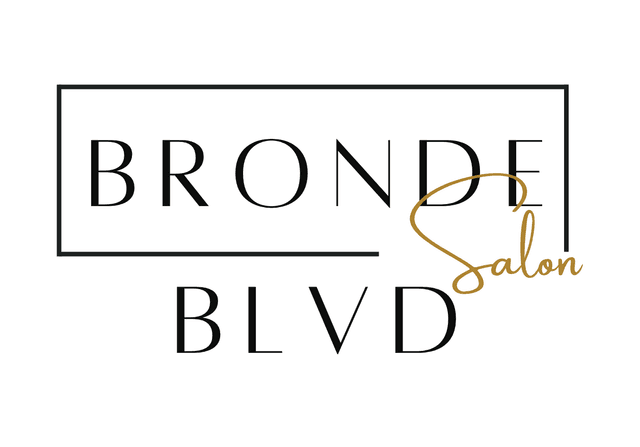The Psychology Behind Hair Changes

Introduction
We all know that hair plays a significant role in our appearance, but did you know it also has deep psychological and emotional significance? In this blog post, we will explore the psychology behind hair changes. Whether you’re considering a radically new haircut or a subtle color change, understanding these psychological aspects can help you make an informed decision that you’ll be happy with.
The Significance of Hair in One’s Identity
Hair is more than just an accessory that you can style and change according to your mood or the latest fashion trends. It’s a part of your identity and an avenue for self-expression. When you look in the mirror, your hairstyle is one of the first things you notice about yourself. This is why it plays such a crucial role in how we perceive ourselves and how we want others to perceive us.
Scientific studies and expert opinions underscore the psychological significance of hair. A study published in the journal “Body Image” found that women who are dissatisfied with their hair tend to have a lower self-esteem. Meanwhile, renowned psychologist Carl Jung believed that hair symbolizes ideas and thoughts. Thus, changing your hair can signify changing your mindset or expressing a new facet of your personality.
Why People Change Their Hair
People change their hair for a variety of reasons. For some, it’s a form of self-expression or a way to assert their individuality. For others, it could signify personal transformation or a desire for change. Some people change their hair as a way to regain control in times of uncertainty or stress.
Consider the story of Emma, who cut off her long locks after ending a toxic relationship. “It was my way of starting fresh,” she said. “Cutting my hair was symbolic of cutting him out of my life.”

The Emotional Impact of Hair Changes
Changing your hair can be both liberating and frightening at the same time. On one hand, it gives you the opportunity to reinvent yourself and can be a source of empowerment. On the other hand, it can also bring about feelings of fear and anxiety, especially if the change is drastic and irreversible, like going from long to very short hair.
Scientists have studied these emotional impacts. According to a study published in the “Journal of Applied Social Psychology,” women who changed their hair reported feeling more confident and attractive. Yet, another study in “Psychology Today” found that drastic hair changes can also bring about feelings of regret and identity crisis.
How to Decide on a Hair Change
So how do you decide whether to change your hair or not? Here are some tips:
- Consider Your Personal Style: Your hair should reflect your personal style. If you’re more conservative, a subtle color change might suit you more than a radical cut.
- Think About Your Lifestyle: Do you have time for regular touch-ups? If not, consider a low-maintenance style.
- Assess Your Emotional Readiness: Are you emotionally prepared for the change and the reactions of others?
- Seek Professional Advice: Talk to hair stylists and psychologists. They can provide valuable insights on what might work best for you.

Coping With Negative Emotions After a Hair Change
Sometimes, even after careful consideration, a hair change may not turn out as expected, leading to negative emotions like regret or dissatisfaction. Here’s how to cope:
- Be Patient: It takes time to get used to a new look.
- Practice Self-Love: Remind yourself that your worth is not determined by your appearance.
- Boost Your Confidence: Wear outfits that make you feel good or try new makeup looks that complement your hair.
- Seek Support: If you’re struggling, talk to friends, family, or professionals. You don’t have to go through this alone.
Conclusion
Changing your hair is not just about altering your physical appearance. It’s also about embracing a new mindset, expressing your individuality, and making a statement about who you are or who you want to be. So if you’re considering a hair change, remember to consider the psychological aspects and not just the physical ones.
Finally, whether you decide to go for that bold pixie cut or stick with your current style, remember that it’s your hair, your choice. After all, the most important thing is that you feel comfortable and confident in your own skin (and hair!)
